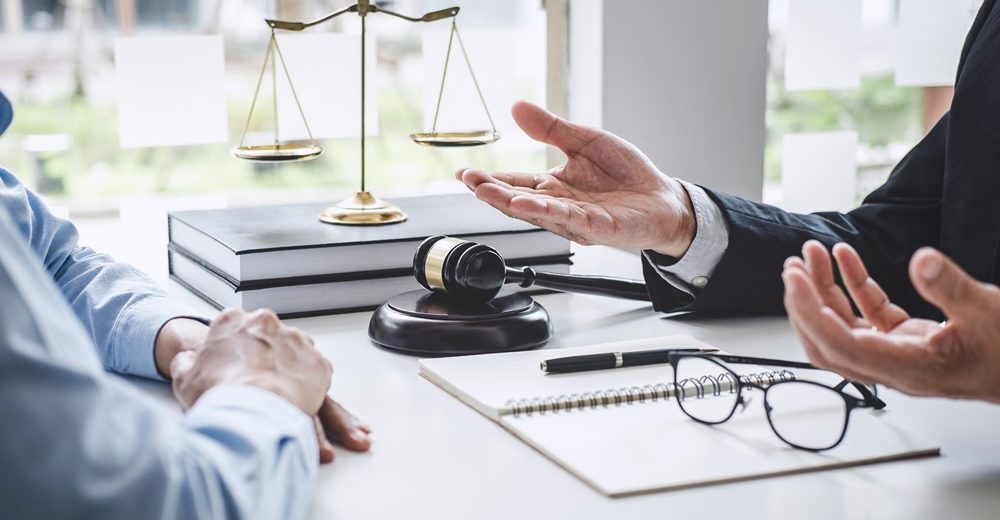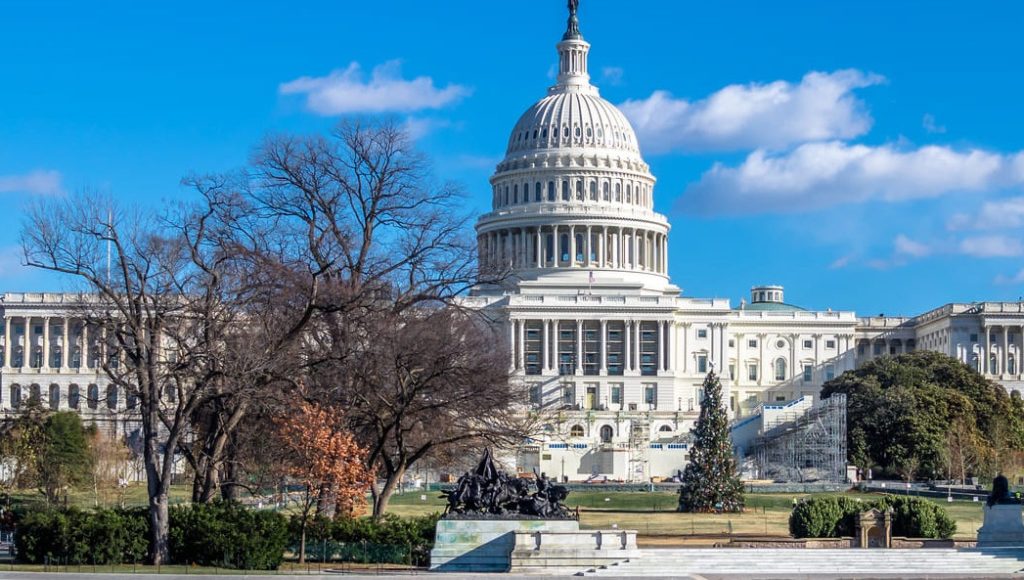
The Fee Is Free Unless You Win.
Top Rated Employment Law Firm
Protecting Families Since 1995
$400 Million Won
TABLE OF CONTENTS
Navigating employment laws can be tricky, especially in New York City. One important law you should know about is the Paid Safe and Sick Leave Law. It’s there to help you if you get sick, have a family emergency, or face tough situations like domestic violence.
In this article, we’ll explain what the Paid Safe and Sick Leave Law means for you and how you can use it to stay safe and take care of yourself.
Whether you’re wondering about getting paid leave, what your employer has to do, or what to do if your rights are violated, this guide has you covered. Let’s explore NYC’s employment laws together, so you can feel confident and secure in your job.
As a law firm specializing in NYC employment law for employees, we aim to make your rights clear and ensure you understand how this law safeguards you. For any inquiries, feel free to reach out to us for a free consultation at 800-807-2209.
New York City’s Paid Safe and Sick Leave Law ensures the right to paid leave for New Yorkers who need time off due to illness or other challenging circumstances.
Understanding Paid Leave Entitlement in New York City

Your accrued leave can be utilized immediately upon earning it, without any waiting period. Additionally:
Employers are legally required to adhere to certain obligations regarding paid leave:
In light of the COVID-19 pandemic, additional paid leave may be available under New York State law if you or a family member contracts the virus. Contact the New York State Department of Labor for further details on eligibility and benefits.
By knowing these rules, you can make sure you understand your rights about getting paid time off in New York City.
If you believe you qualify for any of the related leave, consider consulting an employment lawyer to understand your rights and options under New York State law.
Discover how our expertise has helped clients overcome their legal challenges and achieve successful outcomes.
View All TestimonialsDuring the time that I really needed a good counselor and I was approaching different attorneys unfortunately before they heard the problem they were demanding a retainer fee. A friend of mine introduced me to the Derek Smith Law Group and I was very fortunate to be answered by Matt Finkleberg who was very polite and understanding and gave me a lot of confidence without asking for any fees in f... Read Full Testimonial
Matt Finkleberg is by far the best attorney I’ve ever hired!
Matt Finkelberg is an outstanding attorney. It was a pleasure to have him represent me for my employment case. He was very easy to talk to. He was very supportive and knowledgeable throughout the whole process. He explained the entire process to me and kept me informed every step of the way. Matt fought diligently throughout my case to make sure my case was represented best. I am very gratef... Read Full Testimonial
Matt Finkelberg is a top notch lawyer. He is very easy to talk to and truly cared about me as his client. He definitely earned my trust and confidence in his capabilities to represent me in the most professional respects. I give Matt and his firm the Derek Smith Law Group my highest recommendation to anyone who is seeking legal help for employee/employer related matters.
Matt Finkelberg is a life saver. During this whole process not only did I have a great lawyer but I also made a great friend. Matt was very attentive to my case, and mental health. Matt helped me during probably the darkest time of my life and for that I am forever grateful to have came across the Derek Smith law group. As a past client, I 100% recommend Matt Finkleberg. Matt provides a safe sp... Read Full Testimonial
It was a pleasure to have Casey represent and help me for my employment case. It was my first time needing an attorney, so I was a bit apprehensive at first – Casey took the time to answer all of my questions and fully explain everything to me, which really put me at ease. He was very attentive, supportive, and knowledgeable throughout the whole process – Casey would ask questions to ensure... Read Full Testimonial
matt is an excellent attorney. he handled my case with the utmost care and highly exceeded all expectations. i could not recommend derek smith and esp. matt finkelberg enough
It was a pleasure to have Casey represent and help me for my employment case. It was my first time needing an attorney, so I was a bit apprehensive at first – Casey took the time to answer all of my questions and fully explain everything to me, which really put me at ease. He was very attentive, supportive, and knowledgeable throughout the whole process – Casey would ask questions to ensure... Read Full Testimonial
You will be in great hands at this firm! Alyssa the managing paralegal is an absolute professional who excels at what she does. You can tell she truly cares about providing the best service possible, and is passionate about helping her clients. With Alyssa at the helm, this firm is a top-notch choice for anyone seeking assistance. Highly recommend!
Matt Finkelberg is Amazing and Devotional! It was a pleasure to have Matt represent me for my employment case. He was very attentive, supportive, and knowledgable throughout the whole process. Whenever I reached out he responded promptly which I greatly appreciated. Matt fought diligently and hard throughout my case to make sure my case was represented best. Thank you again Matt for everything.... Read Full Testimonial
Olivia is absolutely outstanding! She understands the emotional side of your case while being able to find the legal aspects of holding the employer accountable for breaking the law! Made a really terrible situation a little easier by explaining everything and helping me get everything in order and in the right hands. I would not use anyone else! Call them for any sexual harassment case... You ... Read Full Testimonial
Our dedicated attorneys are ready to fight for your workplace rights and ensure justice!
Under New York State’s Paid Leave Law, all private-sector employees in the state are eligible for coverage, regardless of their industry, occupation, part-time status, or whether they are exempt from overtime pay. However, employees of federal, state, and local government entities are not covered by this law. The law also covers employees who work at charter schools, private schools, and not-for-profit organizations.
No, paid sick leave and paid family leave are not the same thing. Paid sick leave typically allows employees to take time off from work due to their own illness or medical appointments. On the other hand, paid family leave typically allows employees to take time off to care for a family member who is ill or to bond with a new child. While both provide paid time off, they serve different purposes and may have different eligibility requirements and usage conditions.
Employees can use accrued leave under the NYC Paid Sick Leave Law for various reasons impacting themselves or their family members. These reasons include:
These are some of the permitted uses of accrued leave under the NYC Paid Sick Leave Law, allowing employees to take time off for various health-related and safety reasons.
As an NYC employment law firm, we understand how crucial it is for employees to feel safe using their sick leave. The NYC Paid Sick Leave Law protects workers from retaliation by their employers. This means that if an employee takes sick leave, your employer cannot retaliate against you, such as by wrongfully terminating your employment or demoting you upon your return to work. If an employee does face retaliation, you can seek assistance from a seasoned employment lawyer or contact the Department of Labor’s Anti-Retaliation Unit. Employers are also required to keep detailed records of sick leave and provide a summary when requested by an employee. These rules ensure fairness and safety in the workplace.
Facing workplace issues with sick leave or retaliation? Reach out now! Our team at Derek Smith Law Group is here to guide you.
Get a free consultation to discuss your situation and find the best path forward. We only charge if we win your case. Contact us online or call 800-807-2209. We are here to support you every step of the way!

Our experienced legal team provides reliable services in key U.S. cities, ensuring expert assistance for workplace discrimination and employment law matters wherever you are located.
 New York City
New York City
 New Jersey
New Jersey
 Philadelphia
Philadelphia
 Miami
Miami
 Los Angeles
Los Angeles
 San Francisco
San Francisco
 San Diego
San Diego
 Washington DC
Washington DC
Our experienced employment lawyers are dedicated to resolving your workplace rights concerns with expertise and care.